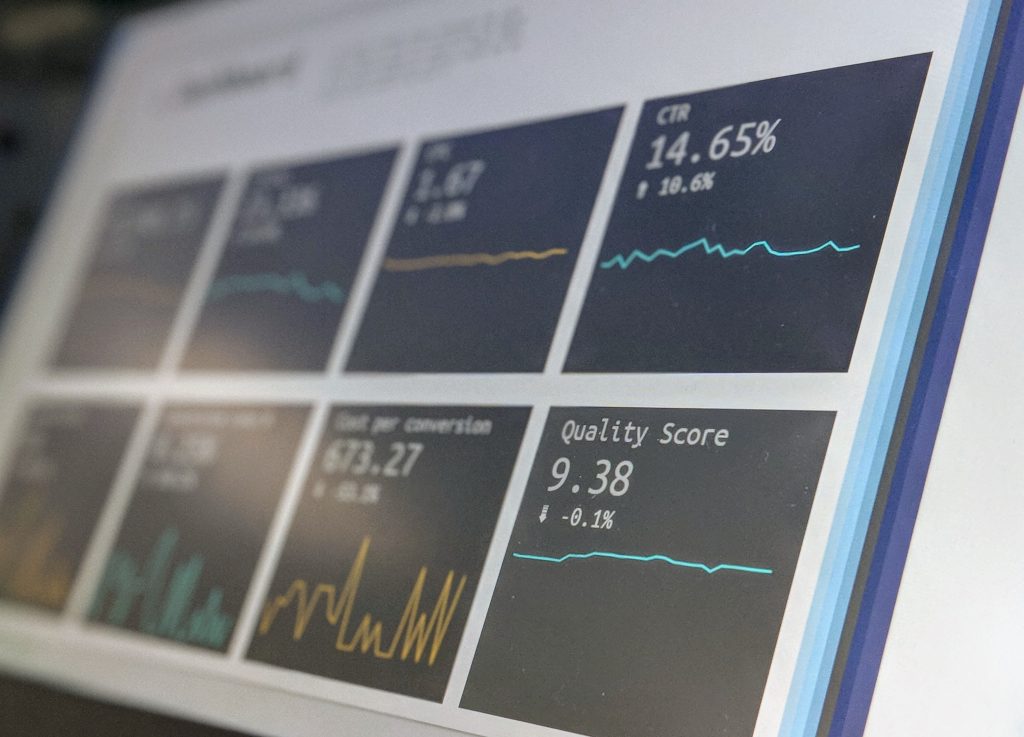The Importance of Reviewing Your Marketing Results
Whether you’re running marketing campaigns yourself, or with the help of an agency, if you aren’t regularly reviewing your results, you could be missing out on opportunities!

Why It is Important to Check Your Results Regularly
Assessing Your Strategy
Before you began running your marketing campaign, you likely developed a strategy. If you didn’t, just stop reading and call us now. Otherwise, keep reading. You likely spent a lot of time planning your strategy, but without reviewing your results, you won’t know if anything is working! It’s key to review your results to assess your strategy for what is working and what isn’t.
Pivoting, Optimizing, and Maintaining
In addition to assessing your strategy, checking your results on a regular basis allows you to quickly pivot to new strategies for things that are not working, or optimize what is working to build on your successes. Without reviewing your strategy and expectations against the actual results, you may be missing opportunities to double-down on what is working.
In addition to optimizing your campaigns when you’re first rolling out new strategies or ads, continued monitoring over the course of the campaigns is key to maintaining results through tweaking your headlines and ad copy based on new trends in your data.
Results to Monitor
Knowing why it is important to check your results regularly is one thing, but what results should you be monitoring? While there are a large number of metrics available in the various ad platforms, there are a few common metrics that give a good measurement of general campaign success that you should be keeping an eye on.
Impressions
Impressions are how many times your ad was shown on screen. This is a good metric to ensure your ads are serving properly, and if brand awareness is your primary goal, an important result to review frequently.
Clicks
Clicks are pretty self-explanatory. This is the number of times users have clicked on a link in your ad. If driving traffic to a landing page or your website is the primary goal, this is a key metric to review often.
Click-through Rate (CTR)
CTR is the percentage of users who clicked on your ad when they saw it. If your CTR is falling below industry averages, it could mean your ads and calls-to-action (CTAs) aren’t resonating with your audience.
Cost Per Click (CPC)
CPC is the measure of how much you are spending to get a click on your ad. CPC is an important metric to review regularly to ensure the cost to acquire leads and customers is not more expensive than the lifetime value of the customer. Cross-referencing your CPC against industry benchmarks will help you determine if your costs are in line with what you can expect.
Conversion Rate
Possibly the most important metric to monitor closely is your conversion rate. This is the percentage of users who performed an action you have set as a conversion. Generally, this includes making a phone call, filling out a form on the website, or completing an online purchase. Again, industry benchmarks are a valuable tool that can provide insight into how your ads are performing compared to competitors. A weak conversion rate could indicate a bad user experience, offer that doesn’t resonate with the audience, or potentially, issues tracking conversions.


